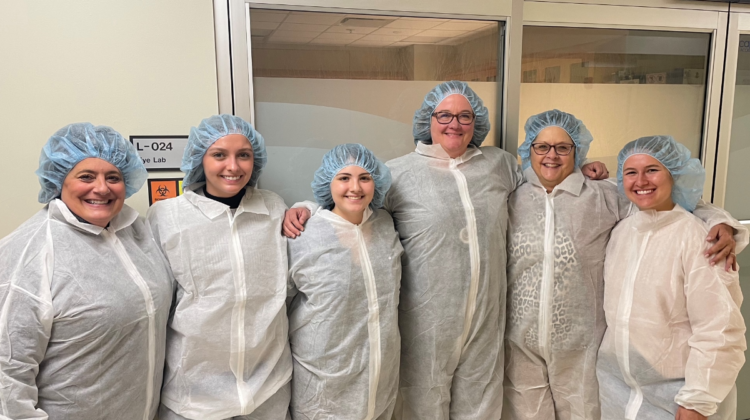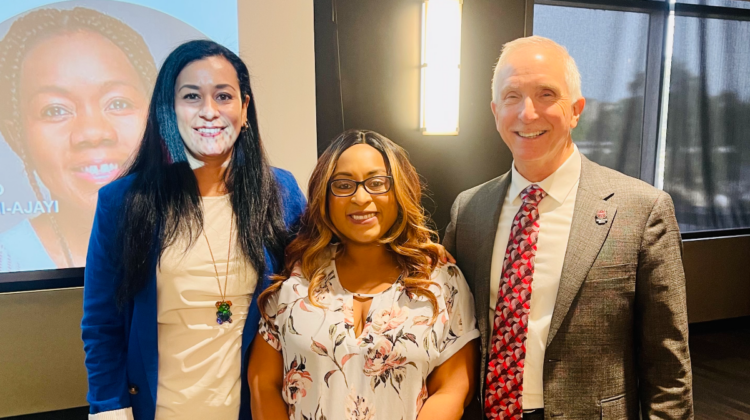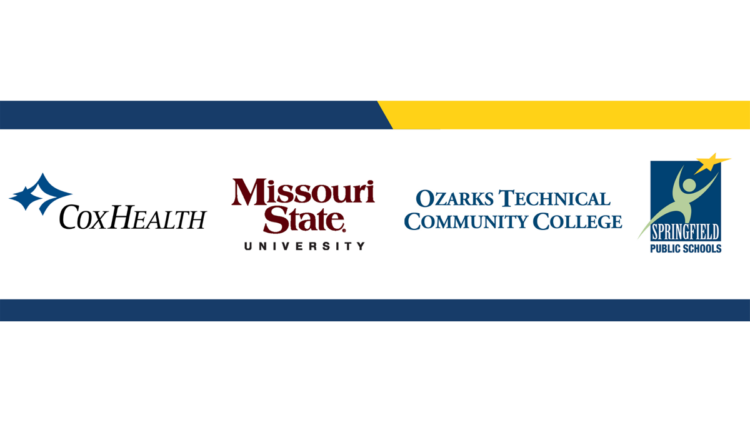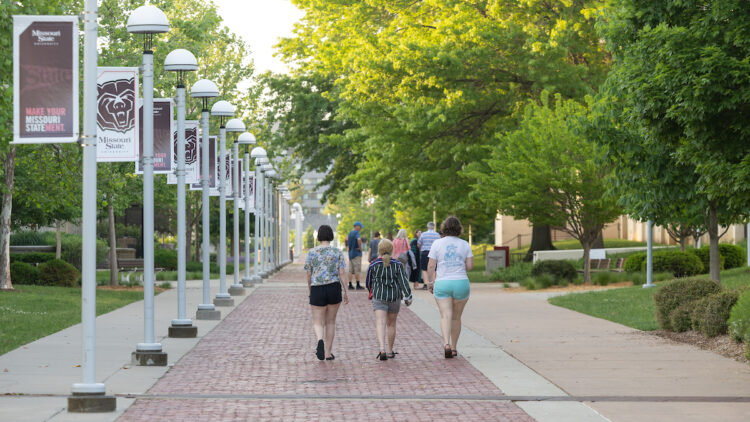The Mid-America Transplant (MAT) Scholarship funds 10 nursing students annually with $1,000 each. Beyond financial aid, the scholarship’s mission is to spread awareness about organ donation and transplantation.
According to Dr. Kathryn Patterson, director of the School of Nursing at Missouri State University, the focus is on educating nursing students about organ donation.
“It’s about introducing students to a specialized field within nursing, making them realize the significance of organ donation,” Patterson said.
A transformative experience
The scholarship extends beyond textbooks and lectures, offering an immersive tour of the Mid-America Transplant facility in St. Louis.
“The tour opened our eyes to the intricacies of organ procurement and the advancements in medical technology,” Patterson said. “It was an educational encounter that gave the students’ perspective on this domain of nursing.”
The tour showcased the facility’s comprehensive setup, from the operational rooms and laboratories to the protocols and equipment.
“The experience wasn’t just about seeing the facility,” Patterson said. “It was about witnessing the empathy of the staff, the respect for donors and their families and the cutting-edge technology driving this life-saving mission.”
Scholarship information
The Mid-America Transplant Scholarship stands as a testament to the transformative power of educational initiatives.
By blending financial support with hands-on experiences, the scholarship not only helps students, but also shapes their understanding of the profound impact nurses can have in the world of organ donation and transplantation.
Nursing students interested in applying must submit an essay. It must include:
- A discussion of organ donation.
- The role nurses play in the organ donor process, including the impact of grief on donor families.
- The role MAT plays in southwest Missouri communities.




